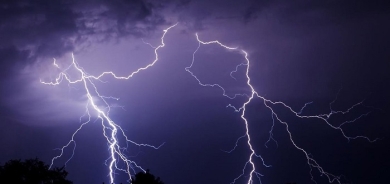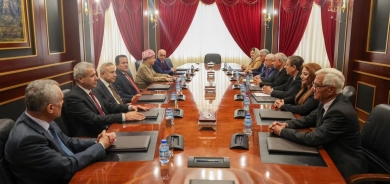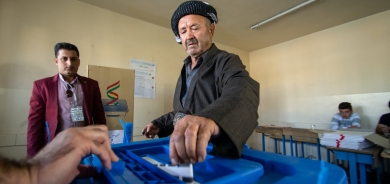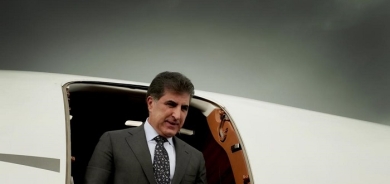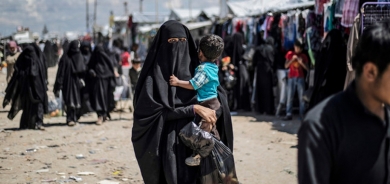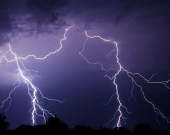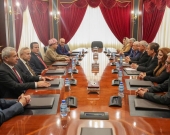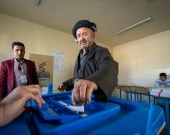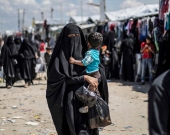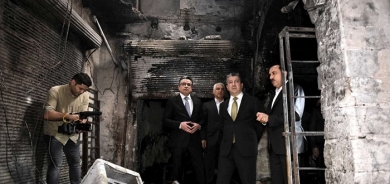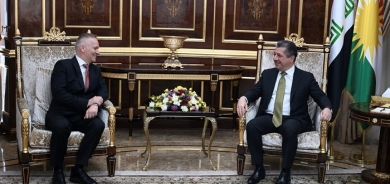United States Confirms Iran's Revolutionary Guard Successfully Launches Imaging Satellite
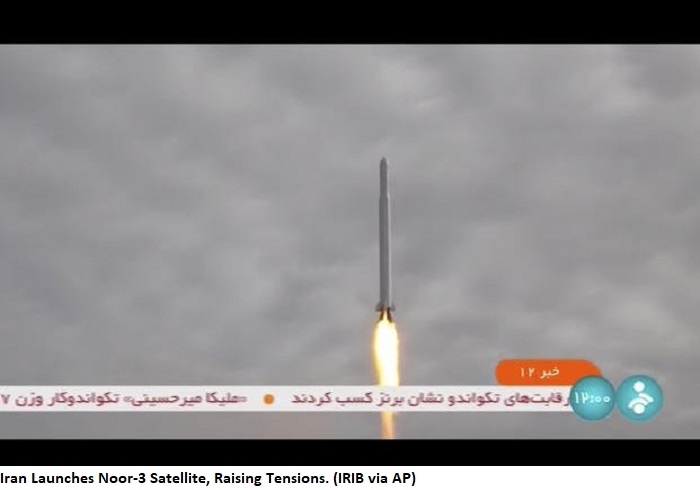
In a development that has caught the attention of international observers, the United States has quietly acknowledged that Iran's paramilitary Revolutionary Guard has successfully placed an imaging satellite into orbit. This achievement closely resembles previous launches that had drawn criticism from Washington due to concerns about Iran's ballistic missile program.
The U.S. military has notably refrained from offering official comments on this matter despite repeated requests for clarification from The Associated Press. Iran made the official announcement about the successful launch of the Noor-3 satellite earlier this week, marking another triumph for the Revolutionary Guard after a series of failed attempts in recent years by Iran's civilian space program.
However, early on Friday, data published on space-track.org revealed a launch by Iran on Wednesday, during which the Noor-3 satellite was successfully placed into orbit. Notably, the information presented on this website is sourced from the 18th Space Defense Squadron of the U.S. Space Force, which represents the newest branch of the American military focused on space operations.
According to the data, the Noor-3 satellite now orbits at an altitude of over 450 kilometers (approximately 280 miles) above Earth's surface, consistent with reports from Iranian state media regarding the launch. The rocket responsible for this milestone is identified as the Qased, a three-stage rocket that employs a combination of liquid and solid fuels. The Revolutionary Guard initially introduced the Qased rocket in 2020 when it unveiled its previously undisclosed space program.
This successful satellite launch by Iran's Revolutionary Guard is expected to raise further questions and concerns within the international community, particularly regarding the dual-use nature of such technology, which can potentially be adapted for military purposes. The situation will undoubtedly draw increased scrutiny in the days to come as world leaders assess the implications of Iran's expanding space capabilities.
As the global community closely monitors these developments, the United States and its allies are likely to engage in discussions and deliberations aimed at addressing the security and strategic concerns raised by Iran's recent achievements in space technology.


